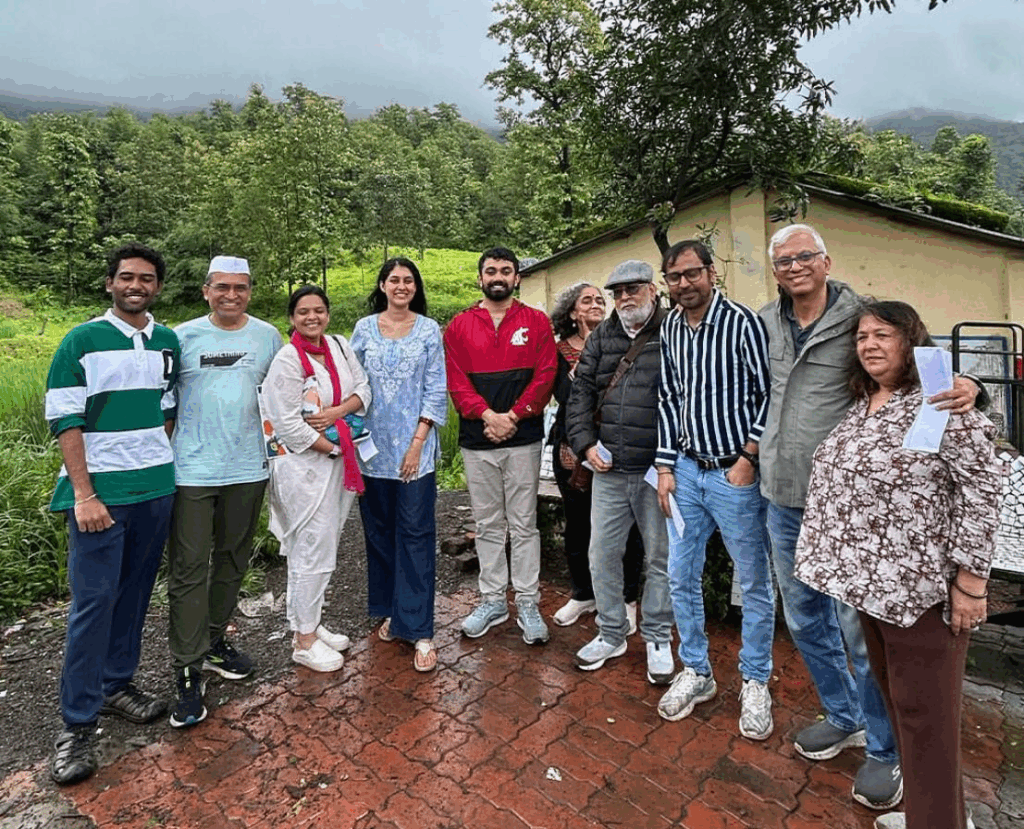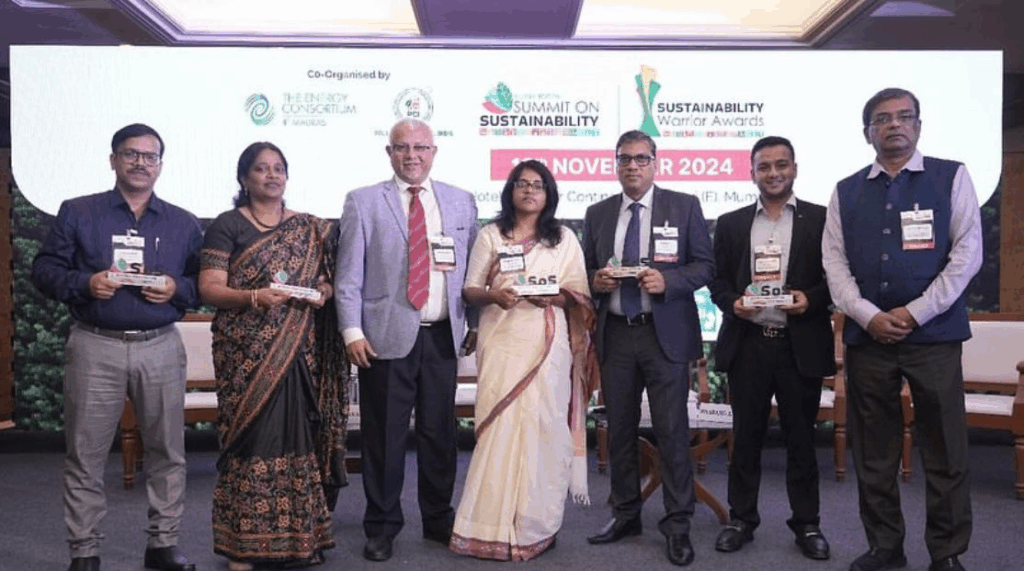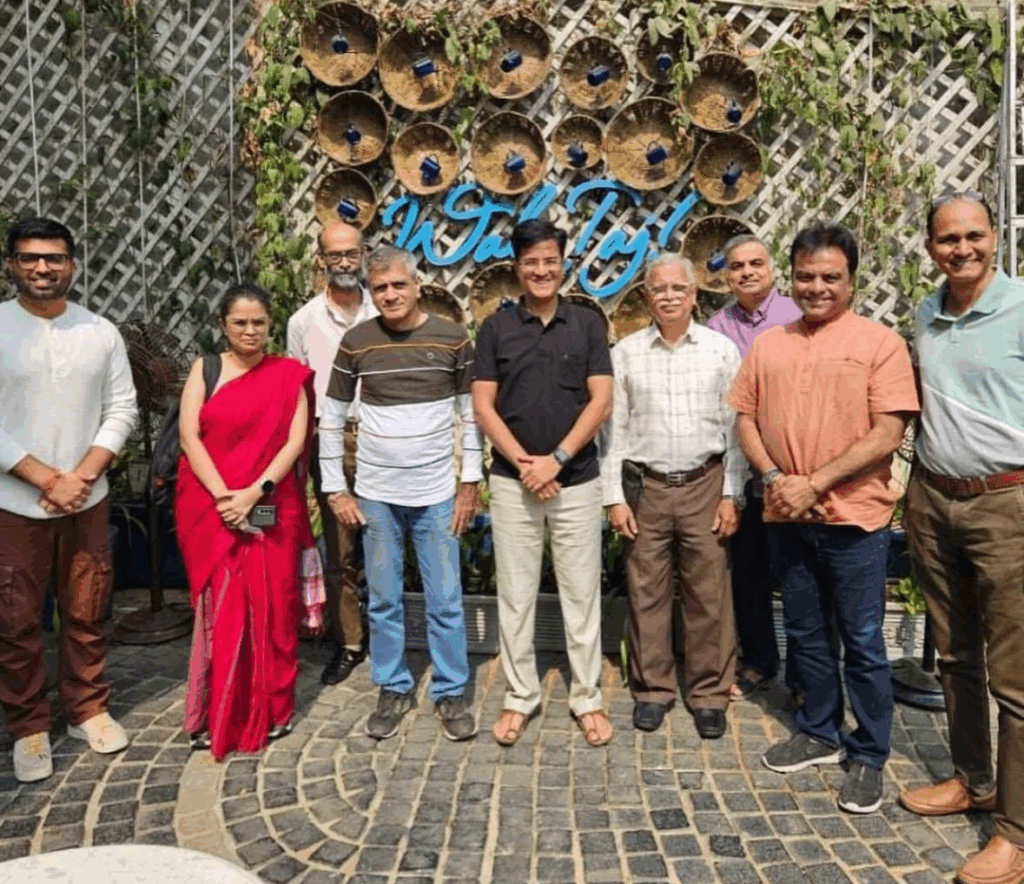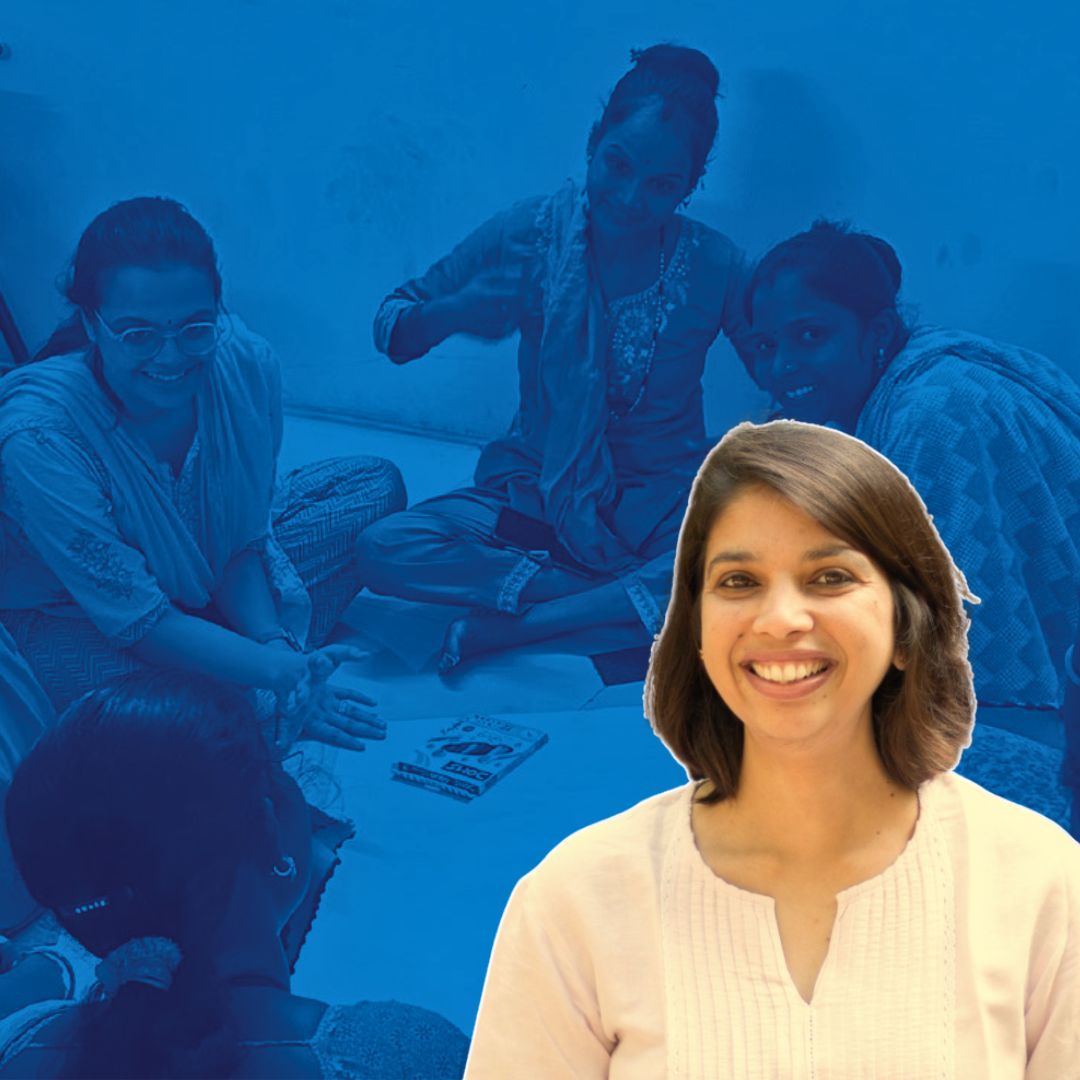When Smita Ram co-founded Rang De in 2008, she didn’t just envision a financial platform she imagined a movement that would democratize access to credit and unlock the entrepreneurial potential of rural India.
Along with co-founder Ram Nagarajan, Smita built Rang De as a peer-to-peer lending initiative connecting socially conscious citizens with entrepreneurs and farmers who had long been excluded from formal financial systems.
Under her leadership, Rang De evolved from a small crowdfunding setup operating on goodwill and community spirit into an RBI-regulated NBFC P2P platform in 2019.

Beginning of a Vision
This transformation allowed the organisation to scale sustainably while maintaining trust and transparency. As of today, Rang De has supported over 100,000 families, channeling affordable credit to farmers, artisans, and micro-entrepreneurs across more than 20 states.
Smita recalls, “In the beginning, we were often told that lending to low-income communities was too risky. But we saw something others didn’t that when given fair and dignified opportunities, people always rise to the occasion.”
Her background in social work deeply influenced the mission. During her early field visits, Smita met countless women who, despite running small businesses or managing farms, couldn’t access a single formal loan.
“We met women who had the courage to build livelihoods from scratch, but lacked access to capital on just terms. Rang De was built for them to show that credit can be a tool for empowerment, not exclusion,” she explains.
The platform’s design ensures that each borrower doesn’t just receive funds but also builds a formal credit history. This enables them to eventually graduate into the mainstream banking system, creating a virtuous cycle of economic empowerment.
“We wanted to create a bridge that helped people cross over from informal to formal finance, from dependence to dignity,” says Smita.

Turning Challenges into Growth
The journey to becoming a regulated financial entity was far from straightforward. The decision to transition from a non-profit to an RBI-licensed NBFC-P2P in 2019 was a defining point for Rang De’s future.
It required rebuilding operational frameworks, re-engineering technology, and aligning every process with strict compliance standards.
“It was daunting,” Smita admits. “For years, we operated as a social enterprise driven by trust and mission. Suddenly, we had to match up to the same governance benchmarks as financial institutions. But we embraced it, because we knew regulation would bring the credibility needed to grow our impact.”
Since then, Rang De’s model has proven both sustainable and scalable. Investors from across India and globally can now directly lend to verified borrowers through the Rang De platform.
Each investor not only tracks repayments but also receives updates about the real-life stories behind their loans. This personal connection fosters community-driven impact rather than anonymous transactions.
Smita highlights, “We’ve seen urban professionals lending to farmers they’ve never met, yet feeling deeply connected to their success. That’s the power of empathy translated into action.”
Even during challenging periods, such as the COVID-19 pandemic, Rang De’s borrowers demonstrated remarkable resilience. By offering flexible repayment schedules and support for livelihood recovery, the organisation sustained trust through adversity.
“Our borrowers’ repayment rates remained strong, even in crisis. That reaffirmed everything we believe in that people are creditworthy when they’re given the right opportunity,” Smita adds.
Today, Rang De operates in states as diverse as Maharashtra, Odisha, Tamil Nadu, and Meghalaya, working closely with local partners and cooperatives to identify credible borrowers.
Behind the statistics lie countless individual success stories: women’s collectives processing local farm produce, artisans reviving traditional crafts, and farmers investing in sustainable practices that enhance income security.

The Human Impact
Smita often says that every number in Rang De’s impact report stands for a life changed. “We can talk about metrics repayment rates, portfolio size, investor counts. But the real measure of success is when a borrower tells us that she can now send her daughter to school or no longer has to depend on moneylenders,” she says.
Such stories are not just data points; they are testimonials of transformation. In rural Odisha, for instance, farmer cooperatives funded by Rang De have pooled resources to adopt organic irrigation systems.
In Tamil Nadu, women-led enterprises supported by the platform now supply their products to local markets and e-commerce chains.
“Our borrowers are not charity cases they are entrepreneurs in their own right. All they need is an ecosystem that believes in them,” Smita emphasizes.

The Logical Indian’s Perspective
Smita Ram’s journey through Rang De exemplifies how compassion, innovation, and governance can come together to build an inclusive economic future. Her leadership highlights the importance of designing systems that reinforce trust, accountability, and empathy in equal measure.
The Logical Indian views stories like Rang De’s as vital to India’s larger narrative of social and economic progress. By combining citizen participation with digital innovation, such platforms redefine how we think about financial inclusion not as aid, but as empowerment.
Smita leaves readers with a call to action: “Every citizen can be a changemaker. The next time you think about investing, consider investing in someone’s dream. Because when one farmer or artisan thrives, an entire community moves forward.
If you’d like us to cover your story or feature your initiative, please write to us at csr@5w1h.media.











